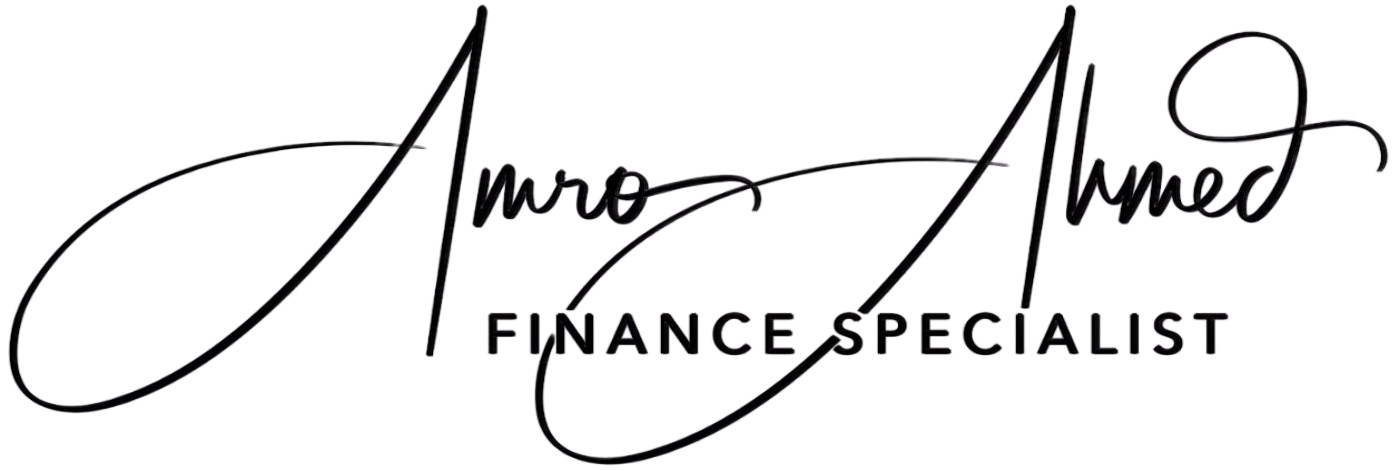Why You Shouldn't Use 401K for Retirement?
Why You Shouldn't Use 401K for Retirement?
When most people think about retirement, the 401(k) is often the first thing that comes to mind. It’s the “default” option recommended by employers, financial gurus, and even the government. But what if we told you that relying solely on a 401(k) could actually be hurting your future retirement?
Let’s break down the reasons why the traditional 401(k) plan may not be the retirement safety net you think it is and why.
1. Taxes Can Crush Your Retirement Income
One of the biggest misconceptions about the 401(k) is that it “saves you on taxes.” While it's true that contributions are tax-deferred, the key word here is deferred. You don’t pay taxes now—but you will later, in retirement, when you start withdrawing the money.
And here’s the problem:
no one knows what future tax rates will be. If taxes go up (which is likely due to national debt and economic shifts), you’ll be paying those higher rates on all your withdrawals. That can drastically reduce your income when you need it most.
2. You Have Little to No Control Over Your Money
Your 401(k) is tied to the stock market. When the market goes up, your account grows—but when it crashes (and it always does eventually), your retirement nest egg can shrink fast. Just ask anyone who tried to retire during the 2008 financial crisis or the COVID-19 crash.
You also can’t touch your money without penalty until you’re 59½, and mandatory withdrawals kick in at age 73—whether you need the money or not. That’s not control. That’s
a tax trap disguised as a retirement plan.
3. Limited Growth Potential and High Fees
Most 401(k)s are built around mutual funds and other limited investment options. What you gain in convenience, you often lose in performance. Many 401(k)s also come with hidden fees—management fees, administrative fees, and fund expenses—that slowly eat away at your balance over time.
You’re taking the investment risk, but the institutions managing your money still get paid—win or lose.
Final Thoughts
A 401(k) isn’t bad—but it shouldn’t be your only plan. In fact, if you’re serious about maximizing your retirement income, minimizing taxes, and protecting your family, it may be time to shift your focus away from outdated retirement strategies.
Explore smarter options that align with today’s economic realities—and your personal goals.
The best retirement plan is one that’s built around you, not Wall Street.


